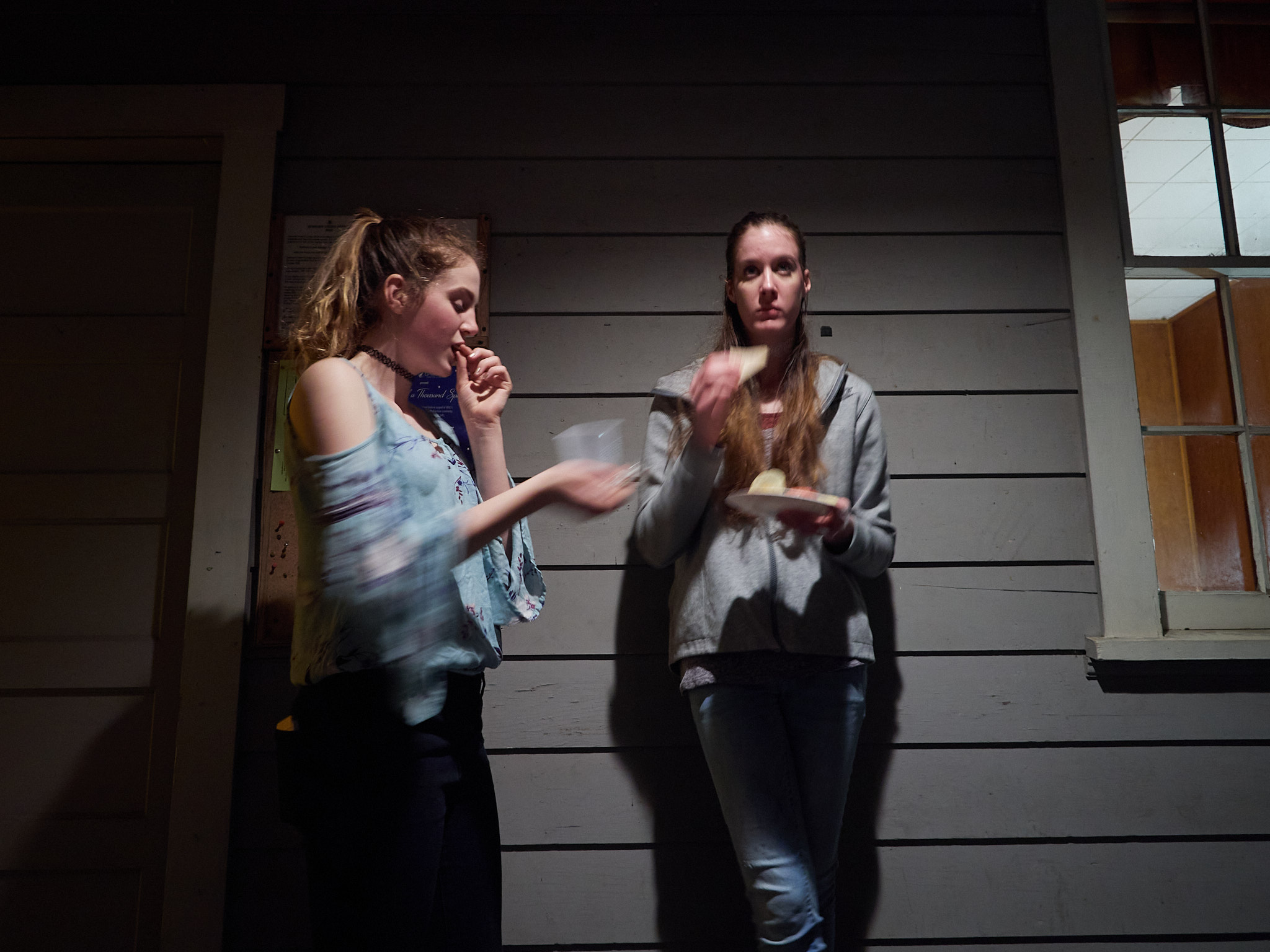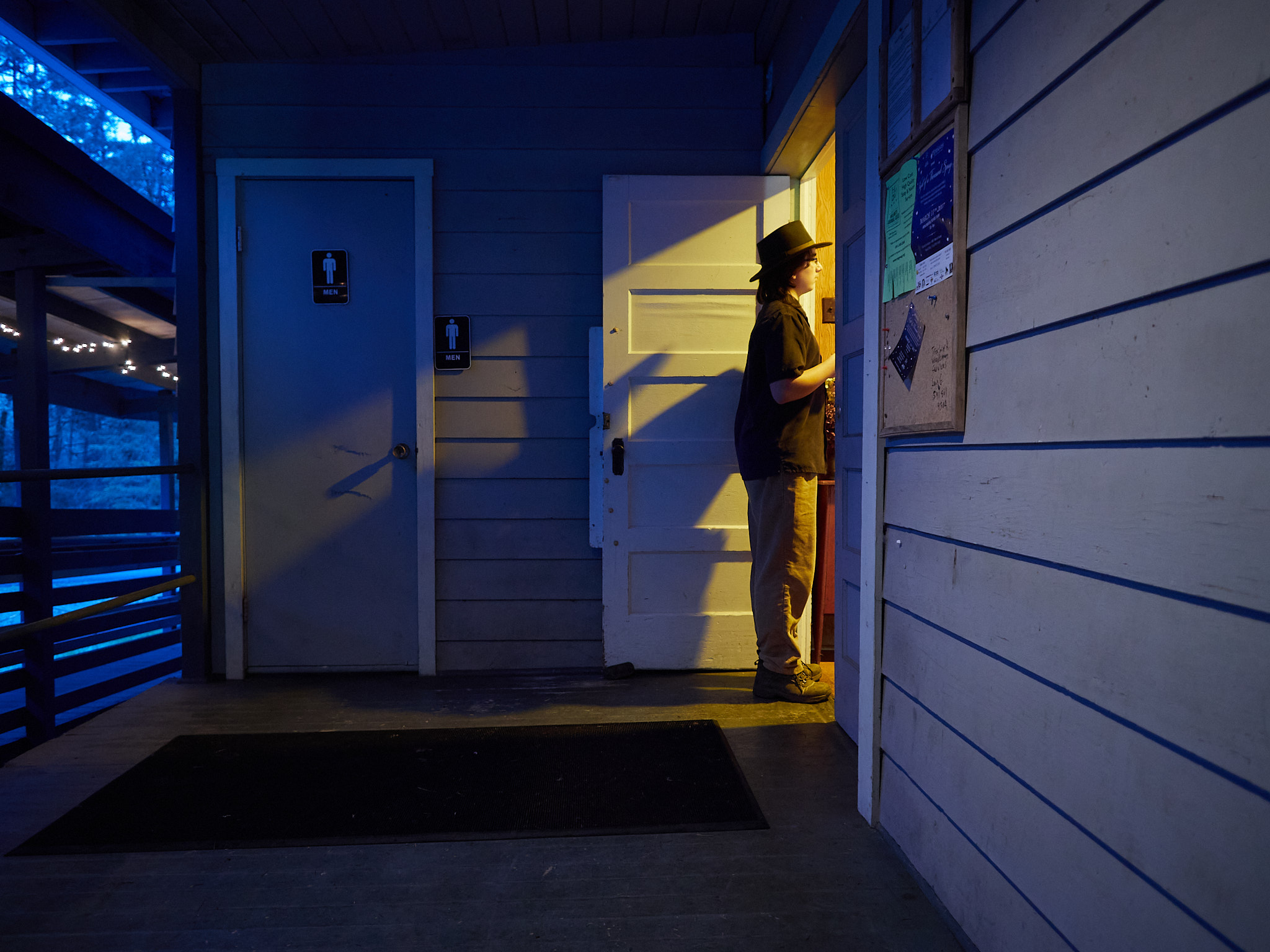Visually Documenting Your Local Community
“…you don’t have to travel across the globe to experience new things. Your own backyard is the farthest place away to someone else on the other side of the world.” ~Joey L – Photographer
As a self trained photojournalist, documentary and street photographer, I’ve been privy to many of my colleagues lamenting/believing that if they could just photograph/document someplace else, they would have a better understanding of the world and a better portfolio… I don’t fully agree with that belief.
Photographer Joey L is one of the younger rising stars in the photographic field. Only in his mid 20’s he’s already made a mark for himself – especially the personal projects he’s producing on Holy men and remote cultures around the world. As I quoted him at the beginning of this post, I personally believe that visually documenting my local community, the people, places and things that make up where I live and the surrounding region, can be just as interesting, just as compelling as any remote place on our finite planet – especially to someone half way around the world. What it requires is what my mother once said to and of me several years ago and I have never forgotten it:
“You have an insatiable curiosity of the world my dear”
And I honestly believe that’s what drives certain photographers to excel at this kind of work. But I should refine my mothers statement. Although I do live vicariously through other photo colleagues travels to other cultures – like colleague and mentor Larry C. Price, I have no desire to experience the vast majority of those places.

Why? Two reasons actually.
One, I don’t particularly like airplane travel and the environmental impact it has on our planet (in addition to being crammed into a seat with alot of other travelers like in a sardine can) and secondly, I have yet to experience all that is available to me even in my home state.
There are those who have what I would term a genetic predisposition to travel. I’m not one of them. But, I will say that I have a great fascination with people I don’t know telling me their stories, creating a level of trust and being able to document who they are in still images and using their voice with those images to create something that can be as compelling as a story being told from a remote country half way around the world. Just because you aren’t documenting some remote, primitive culture doesn’t mean you can’t create an impact in your images/storytelling. What it does require is a willingness to actually find unique and interesting stories/images that you as a photographer feels should be told.
As an example, here in the United States, there are plenty of First Nations peoples who have become displaced, abused and shut away out of the public’s eye. How is climate change affecting them? What about your local small scale farmers who are trying to make a change for the better with the food growing/producing practices that takes into account the health of the local citizens they serve? What local, obscure, no budget, humanitarian themed non-profits are there that are doing difficult work and could use your skills in telling their story? These are but a few ideas you can explore.
Many less experienced photographers believe they will get their big break by traveling at great personal expense financially and to the planet to capture images that they believe no one else has created. In the current dump truck mentality of bad to mediocre images that pervades photography today, I have a reality check for you – it’s probably already been done. In my case, I wake up everyday and spend my morning quietly reflecting and telling myself this mantra: Go create a compelling story in your own back yard – it will be more difficult, not an easy a photo op, yet you will learn more in the process and of your community as a result. I believe it was long time photojournalist David Leeson who said (I’m paraphrasing now) but I’ve never forgotten the essence of the statement:
“It’s easy to go around the world to a war zone to shoot images – they are in front of you all the time. The hard work comes from photographing in your local community.”
I encourage other photographers to consider this perspective. It will change your own world view – at the local level.

